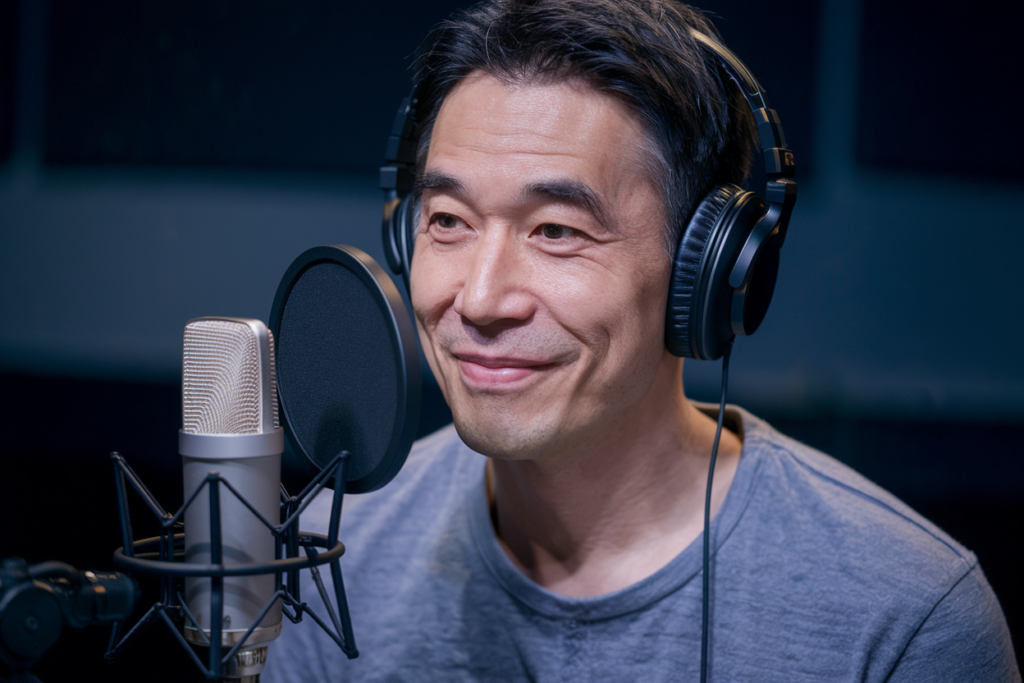Key Takeaways
- Distinct Identity: The Okinawan dialect, or Uchināguchi, is a unique linguistic identity that reflects the rich cultural heritage of Okinawa, differing significantly from standard Japanese.
- Historical Roots: Uchināguchi has deep historical connections to the Ryukyu Kingdom and shows influences from trade with neighboring countries, leading to its own vocabulary and grammatical structures.
- Phonetic and Vocabulary Differences: Pronunciation and vocabulary in Okinawan dialect feature significant variations compared to standard Japanese, including unique sounds and terms related to local customs.
- Cultural Significance: The dialect embodies the history and traditions of the Okinawan people, fostering a sense of belonging and connection within communities.
- Preservation Efforts: Initiatives are underway to teach Uchināguchi in schools and promote its use in media, aiming to prevent language endangerment amid globalization.
- Societal Challenges: Changing societal attitudes towards Uchināguchi pose challenges for its preservation, as many view standard Japanese as more prestigious for modern success.
Ever wondered why Okinawan dialect sounds so different from standard Japanese? You’re not alone! Many people find themselves puzzled when they encounter the unique expressions and pronunciations of Okinawa’s rich linguistic heritage.
Overview of Okinawan Dialect
Okinawan dialect, known as Uchināguchi, stands out from standard Japanese due to its unique expressions and historical roots. This rich linguistic heritage reflects the culture and identity of the Okinawan people.
Historical Context
The Okinawan dialect has deep historical connections, tracing back to the Ryukyu Kingdom that existed from the 15th to 19th centuries. During this period, Okinawa maintained a distinct language influenced by trade with neighboring nations like China and Southeast Asian countries. The dialect evolved separately from mainland Japanese, developing its own vocabulary and grammatical structures. Even after Japan annexed the islands in 1879, Okinawan continued thriving, preserving elements that distinguish it from standard Japanese.
Linguistic Features
Okinawan dialect features several notable characteristics that set it apart. Pronunciation differs significantly; for example, certain sounds in Uchināguchi don’t exist in standard Japanese. Vocabulary includes many words unique to Okinawa’s environment and culture. Grammar also varies: verb conjugations differ and honorifics are less pronounced compared to their counterparts in standard Japanese. Moreover, some phrases carry meanings specific to local customs or traditions.
The complexity of these features adds richness to conversations among native speakers while posing challenges for those unfamiliar with the dialect. Understanding these nuances enhances appreciation for Okinawa’s cultural tapestry and fosters deeper connections with its people.
Comparison to Standard Japanese
The Okinawan dialect, or Uchināguchi, showcases significant differences when compared to standard Japanese. Understanding these distinctions highlights the richness of Okinawa’s linguistic heritage and culture.
Phonetic Differences
Phonetic variations mark a clear divide between Uchināguchi and standard Japanese. In pronunciation, certain sounds emerge uniquely in the Okinawan dialect. For instance, the pitch accent used in standard Japanese often shifts in Uchināguchi, leading to different intonation patterns that may confuse those familiar only with mainland speech. Additionally, vowel length can vary considerably; words that sound similar might have entirely different meanings based on how they’re pronounced. This creates an intriguing auditory experience for those who engage with both languages.
Vocabulary Variations
Vocabulary sets Okinawan dialect apart from standard Japanese significantly. You’ll discover numerous unique terms related to local customs, traditions, and the environment that don’t exist in mainland language use. For example, specific words for local cuisine or traditional crafts enrich conversations among native speakers but may puzzle outsiders. The use of borrowed words from Chinese and other languages also reflects historical trade influences and cultural exchanges unique to Okinawa’s past. These vocabulary differences not only enhance communication within Okinawa but also illustrate the island’s distinct identity within Japan’s broader linguistic landscape.
Cultural Significance
The Okinawan dialect, Uchināguchi, plays a vital role in the cultural identity of Okinawa. It embodies the history and traditions of the Okinawan people, reflecting their unique worldview and experiences. Understanding this dialect provides insights into the local customs and community values that standard Japanese may not fully capture.
Influence on Identity
Uchināguchi is more than just a means of communication; it serves as a cornerstone of Okinawan identity. The dialect fosters a sense of belonging among speakers, connecting them to their heritage. Many locals express pride in using Uchināguchi, as it signifies resilience against cultural homogenization. This connection enhances social bonds within communities while highlighting differences from mainland Japanese culture.
Preservation Efforts
Efforts to preserve Uchināguchi are increasingly important amidst globalization. Community initiatives focus on teaching the dialect in schools and promoting its use in media. Various organizations collaborate to document oral histories and create resources for future generations. These endeavors ensure that Uchināguchi remains alive, allowing you to appreciate its richness while fostering respect for Okinawa’s distinct cultural landscape.
Challenges Faced
The Okinawan dialect, Uchināguchi, faces significant challenges in a rapidly globalizing world.
Language Endangerment
Language endangerment poses a serious threat to Uchināguchi. According to UNESCO, the number of fluent speakers dwindles as younger generations adopt standard Japanese for social and economic opportunities. Only about 10% of Okinawa’s population actively speaks the dialect today, resulting in fewer native speakers passing it on. Without intervention, this unique language risks becoming extinct, losing its inherent cultural richness and historical significance.
Societal Attitudes
Societal attitudes towards Uchināguchi also contribute to its challenges. Many Okinawans view standard Japanese as more prestigious or necessary for success in contemporary society. This perception often leads to embarrassment or reluctance to use the dialect publicly, especially among youth who perceive it as outdated or irrelevant. Efforts are underway to change these perceptions through community initiatives that celebrate local heritage and encourage pride in using Uchināguchi as part of everyday life.
In addressing these challenges, it’s crucial for communities and organizations to advocate for linguistic diversity and promote engagement with the rich cultural tapestry that Uchināguchi embodies.
Conclusion
Understanding the Okinawan dialect is essential for appreciating the rich cultural tapestry of Okinawa. By recognizing its unique features and historical significance, you can foster a deeper connection with the Okinawan people and their heritage.
As Uchināguchi faces challenges in today’s globalized world, supporting preservation efforts becomes crucial. Engaging with local communities and advocating for linguistic diversity helps ensure that this vibrant dialect thrives for future generations. Embracing Uchināguchi not only enriches your understanding of Okinawa but also honors the identity and pride of its speakers.
Frequently Asked Questions
What is Uchināguchi?
Uchināguchi is the Okinawan dialect that differs significantly from standard Japanese. It has unique expressions, pronunciations, and vocabulary reflecting Okinawa’s rich cultural heritage and history.
How did Uchināguchi evolve?
The dialect evolved during the Ryukyu Kingdom (15th to 19th centuries) and developed separately from mainland Japanese due to trade influences with neighboring nations.
What are some key features of Uchināguchi?
Key features include distinct pronunciation, unique vocabulary related to local culture and environment, as well as grammatical variations like verb conjugations and honorific usage.
Why is Uchināguchi culturally significant?
Uchināguchi embodies the traditions and history of the Okinawan people, fostering a sense of identity, belonging, and pride among its speakers while highlighting cultural differences from mainland Japan.
What challenges does Uchināguchi face today?
Uchināguchi faces language endangerment, with only about 10% of Okinawans actively speaking it. Younger generations often prefer standard Japanese for social mobility, leading to declining use among youth.
How are preservation efforts being made for Uchināguchi?
Community initiatives focus on teaching the dialect in schools and promoting its use in media. Organizations work to document oral histories and create resources for future generations.
Can non-Okinawans learn Uchināguchi easily?
Learning Uchināguchi can be challenging for non-Okinawans due to its unique sounds, vocabulary, and grammar. However, understanding its cultural context enriches appreciation for this vibrant dialect.







